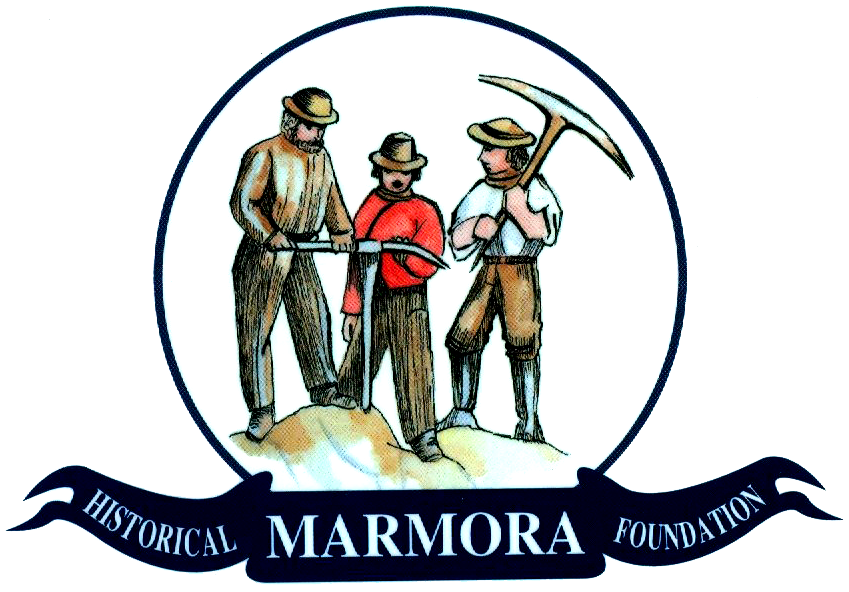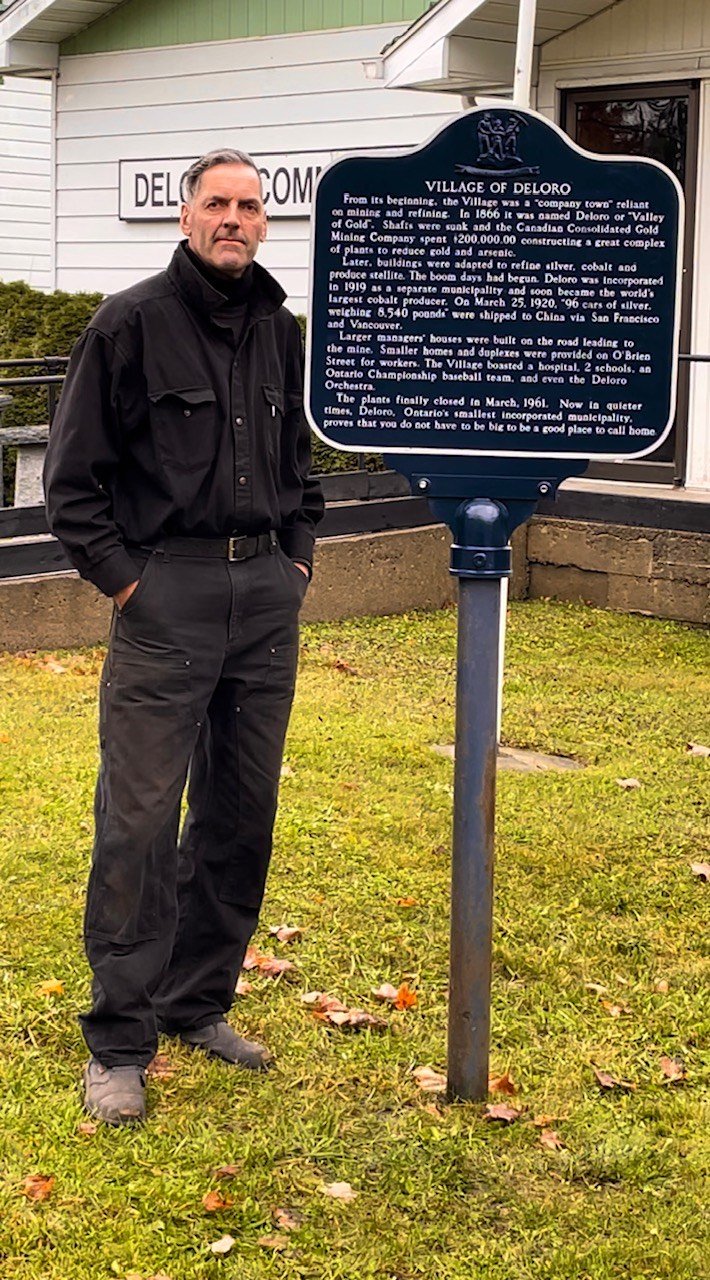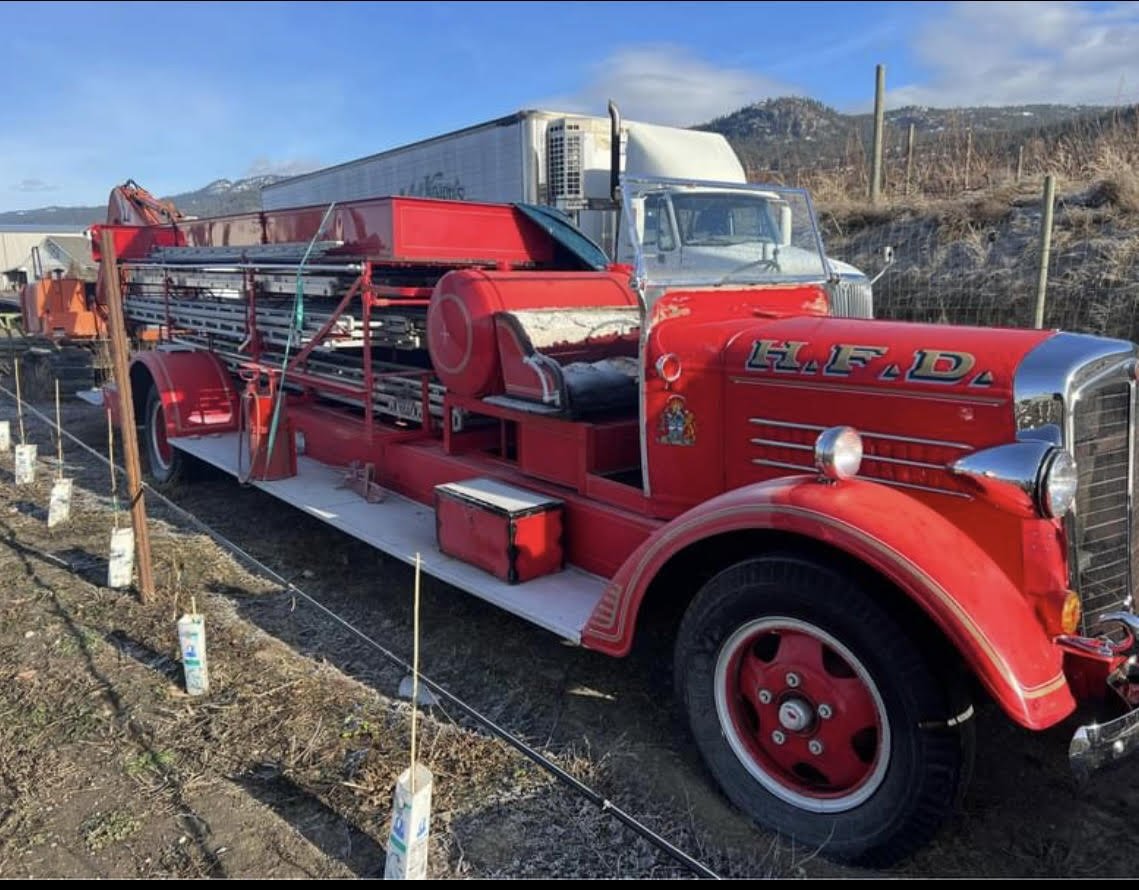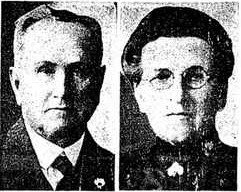WHO WAS CHARLES HAYES, MARMORA'S FOUNDER?
/Painting of Marmora works by Peter Hebner and Linda Sanderson Barber
We at the Marmora Historical Society have been asked how it came to be that 200 hundred years ago, our Town became the industrial heart of Upper Canada and a community upon which the province’s future was thought to rest.
How had one man, Ironmaster Charles Hayes, elevated this patch of wilderness to such heights? In little more than a year he had somehow built a new community, an Irontown, producing daily tons of iron products for settlers and even cannon for the colony’s defence against our neighbours to the south. It the most productive ironworks, perhaps in all North America, built in the middle of nowhere.
Cross section of marmora blast furnace
So, what was this man Hayes like? We have found no picture of Hayes, and little knowledge of his adventures before and after Marmora. We know he arrived here in fall 1820, left in 1825, and during that time, that he brought over from Britain & Ireland hundreds of workers, many tons of equipment, and dreams of establishing an enterprise sufficient to allow the colony to thrive and to do so without having to bow or buy from, the Yankees.
A Correspondent to William Lyon MacKenzie’s Colonial Advocate, later reminisced about the Ironmaster:
‘He (Charles Hayes) is an Irishman--a dapper neat little gentleman, of your own height, and as lively as any of his countrymen. He is married, but has no family; his name, however, will remain conspicuous in the early annals of Canada. He has laid out £40,000 on the Marmora Iron Works; and I am afraid it is no profitable speculation. He lost his election for Hastings, and I feel not sorry for it, as there is every probability, he would have joined the party (the family compact), who, for the misfortune of the country, have too long had the ascendency in our councils. As an individual, I esteem him; as a benefactor to this part of Canada, I respect him; but as a representative of the people, I should fear, and I am afraid, despise him.
Notwithstanding his high-flung notions of government and kingly authority, he is a very kind master, and would as soon fall out with (Lieutenant-Governor) General Maitland, as with a workman. He has converted a desart [sic] into something like civilization; has a village of his own as large as Queenston; and, for want of an Episcopal clergyman, preaches himself, on Sundays.
He is very hospitable to strangers, even to a fault. The familiar manners of Americans he terms downright impudence and vulgarity. One day, in an inn, a Yankee came into the room where he and his lady were sitting, and began to squirt his tobacco juice about the room, commencing his acquaintance with "I guess you are Hayes, the iron master, at the Marmora Works?" Mr. H. wheeled round, and, with an exclamation which I had almost mistaken for an oath, told the fellow to march out of the room that moment, or he would put him out of the window; and the countryman was so prudent as to follow an excellent advice."
































